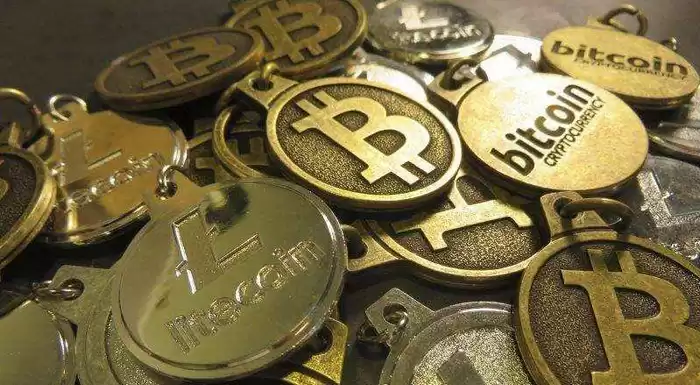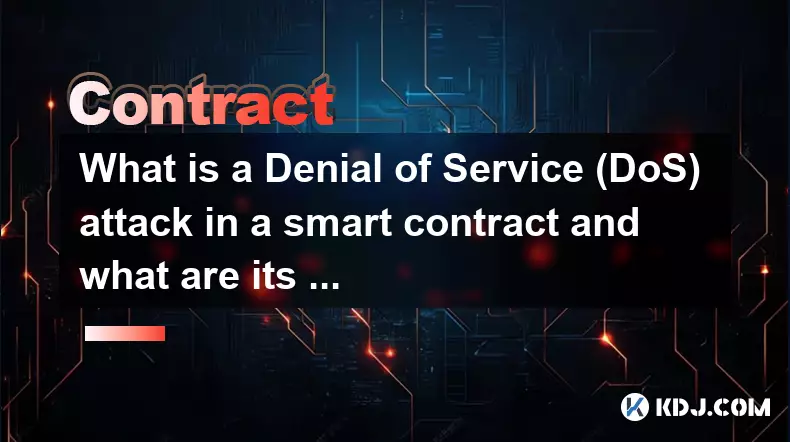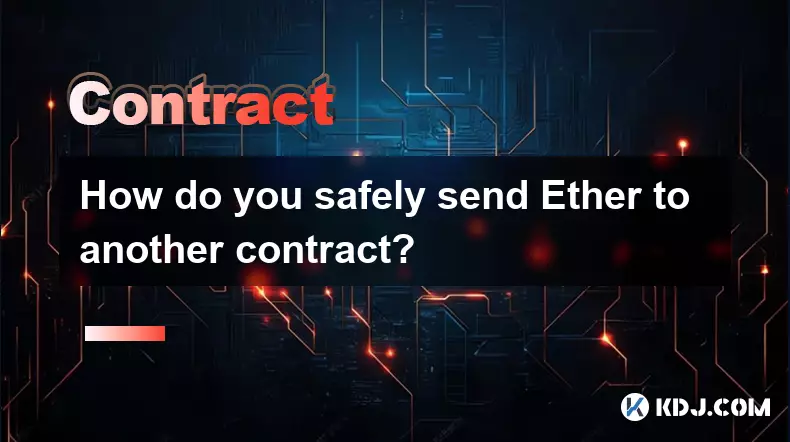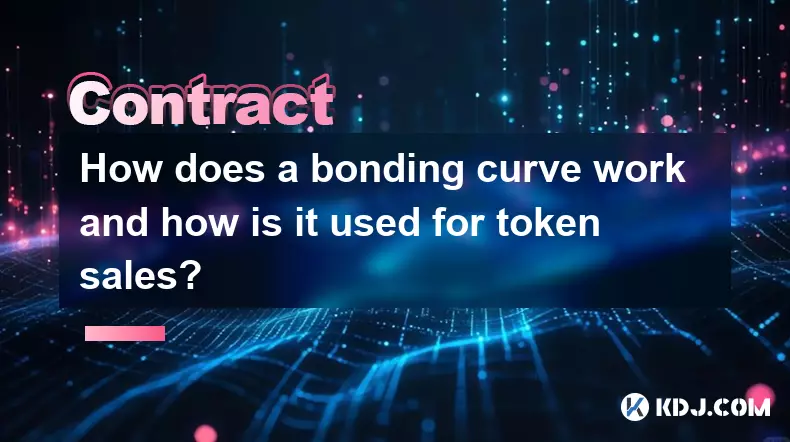-
 bitcoin
bitcoin $105968.894684 USD
4.17% -
 ethereum
ethereum $3639.320047 USD
7.62% -
 tether
tether $1.000339 USD
0.06% -
 xrp
xrp $2.407774 USD
5.96% -
 bnb
bnb $1011.704193 USD
2.28% -
 solana
solana $166.942754 USD
6.37% -
 usd-coin
usd-coin $1.000143 USD
0.03% -
 tron
tron $0.291515 USD
0.25% -
 dogecoin
dogecoin $0.181682 USD
4.06% -
 cardano
cardano $0.585450 USD
4.54% -
 hyperliquid
hyperliquid $42.099968 USD
5.20% -
 chainlink
chainlink $16.160745 USD
5.45% -
 zcash
zcash $645.269648 USD
12.96% -
 bitcoin-cash
bitcoin-cash $507.430338 USD
2.80% -
 stellar
stellar $0.290357 USD
3.69%
What is smart contract on blockchain?
Smart contracts leverage blockchain technology to automate the execution of predetermined terms, ensuring trustless, transparent, and efficient transactions.
Oct 08, 2024 at 10:31 am

A smart contract is a self-executing contract written in code and deployed on a blockchain network. It automates the execution of predetermined terms and conditions between parties based on specific inputs and outputs.
2. Function of Smart ContractsSmart contracts facilitate trustless, transparent, and efficient transactions by:
Enforcing agreement terms: Automatically executing preset actions upon specific conditions.
Eliminating intermediaries: Removing the need for third-party verification and record-keeping.
Reducing costs and delays: Streamlining processes and saving on transaction fees and paperwork.
Ensuring transparency and immutability: Storing all contract terms and execution records on a decentralized, tamper-proof blockchain.
Codebase: The actual computer code that defines the contract's logic and functionality.
Conditions: Pre-determined triggers that initiate contract execution.
Actions: The specific actions that occur when the conditions are met.
Parties: The individuals or organizations involved in the contract.
Security: Encryption and authentication mechanisms to protect the contract from unauthorized access or manipulation.
Increased trust and accountability
Lower costs and faster transaction times
Elimination of intermediaries
Improved transparency and auditability
Enhanced security and data integrity
Smart contracts have a wide range of applications, including:
Supply chain management
Financial transactions
Identity verification
Voting systems
Property management
Dispute resolution
Legal and regulatory complexities
Technical vulnerabilities and code bugs
Costs of development and deployment
Scalability and performance concerns in high-volume scenarios
Ensuring the reliability and fairness of codebase implementation
Smart contracts revolutionize the execution of agreements by automating contract enforcement and eliminating the need for intermediaries. While overcoming challenges like security and scalability are ongoing, smart contracts hold immense potential to enhance efficiency, transparency, and trust in various industries.
Disclaimer:info@kdj.com
The information provided is not trading advice. kdj.com does not assume any responsibility for any investments made based on the information provided in this article. Cryptocurrencies are highly volatile and it is highly recommended that you invest with caution after thorough research!
If you believe that the content used on this website infringes your copyright, please contact us immediately (info@kdj.com) and we will delete it promptly.
- Bitcoin Price, JPMorgan, and the Crypto Moves You Need to Know
- 2025-11-10 22:50:02
- XRP ETFs in 2026: Will They Reshape the Crypto Landscape?
- 2025-11-10 22:50:02
- Decred Price Prediction: Navigating the Bull Market Buzz
- 2025-11-10 23:05:01
- Brett Coin, Crypto Presale, 1000X Prediction: What's the Hype?
- 2025-11-10 23:05:01
- Starknet (STRK) Price Surges: Decoding the Reasons Behind the Pump
- 2025-11-10 23:15:01
- YouBallin', Pre-sale, and Smart Contracts: What's the Haps?
- 2025-11-10 23:10:01
Related knowledge

What is a Denial of Service (DoS) attack in a smart contract and what are its common forms?
Nov 10,2025 at 05:20am
Understanding Denial of Service in Smart Contracts1. A Denial of Service (DoS) attack in the context of smart contracts refers to a scenario where a m...

How do you safely send Ether to another contract?
Nov 09,2025 at 06:40pm
Sending Ether to Smart Contracts: Key Considerations1. Verify that the receiving contract has a payable fallback function or a designated payable func...

What is a state machine and how can a contract be designed as one?
Nov 08,2025 at 02:19pm
Understanding State Machines in Blockchain Context1. A state machine is a computational model used to design systems that transition between defined s...

How does a bonding curve work and how is it used for token sales?
Nov 09,2025 at 04:00pm
Understanding the Mechanics of Bonding Curves1. A bonding curve is a mathematical function that links the price of a token to its supply. As more toke...

What is a mapping in Solidity and how does it store key-value pairs?
Nov 10,2025 at 12:20pm
Understanding Mappings in Solidity1. A mapping in Solidity is a reference type used to store data in the form of key-value pairs, similar to hash tabl...

How do you upgrade a smart contract using the UUPS proxy pattern?
Nov 09,2025 at 01:19am
Understanding the UUPS Proxy Pattern in Smart Contract DevelopmentThe UUPS (Universal Upgradeable Proxy Standard) pattern has become a cornerstone in ...

What is a Denial of Service (DoS) attack in a smart contract and what are its common forms?
Nov 10,2025 at 05:20am
Understanding Denial of Service in Smart Contracts1. A Denial of Service (DoS) attack in the context of smart contracts refers to a scenario where a m...

How do you safely send Ether to another contract?
Nov 09,2025 at 06:40pm
Sending Ether to Smart Contracts: Key Considerations1. Verify that the receiving contract has a payable fallback function or a designated payable func...

What is a state machine and how can a contract be designed as one?
Nov 08,2025 at 02:19pm
Understanding State Machines in Blockchain Context1. A state machine is a computational model used to design systems that transition between defined s...

How does a bonding curve work and how is it used for token sales?
Nov 09,2025 at 04:00pm
Understanding the Mechanics of Bonding Curves1. A bonding curve is a mathematical function that links the price of a token to its supply. As more toke...

What is a mapping in Solidity and how does it store key-value pairs?
Nov 10,2025 at 12:20pm
Understanding Mappings in Solidity1. A mapping in Solidity is a reference type used to store data in the form of key-value pairs, similar to hash tabl...

How do you upgrade a smart contract using the UUPS proxy pattern?
Nov 09,2025 at 01:19am
Understanding the UUPS Proxy Pattern in Smart Contract DevelopmentThe UUPS (Universal Upgradeable Proxy Standard) pattern has become a cornerstone in ...
See all articles























![🔥 Long awaited! The ancestor of Pi coin is about to take off? PI friends, come in and take a look! [Daily Coin Selection | Bitcoin Trend | Money Making Opportunities] 🔥 Long awaited! The ancestor of Pi coin is about to take off? PI friends, come in and take a look! [Daily Coin Selection | Bitcoin Trend | Money Making Opportunities]](/uploads/2025/11/10/cryptocurrencies-news/videos/6911e42f9bad7_image_500_375.webp)


















































